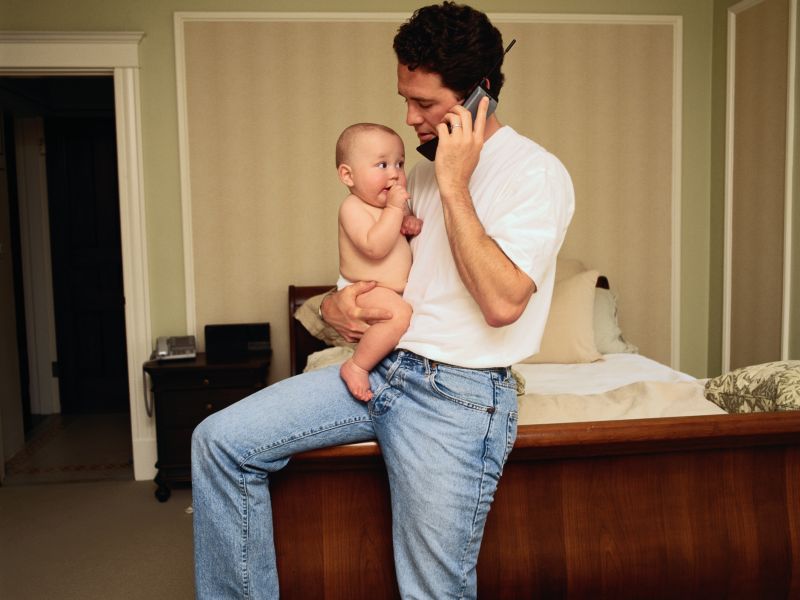
THURSDAY, March 21, 2019A woman’s age and previous pregnancy complications influence her odds of miscarriage, a new study says. The findings suggest that miscarriage and other pregnancy complications share underlying causes that require further investigation, according to the researchers. “More focused studies of these associations might lead to new insights,” they wrote in the March… read on >





























